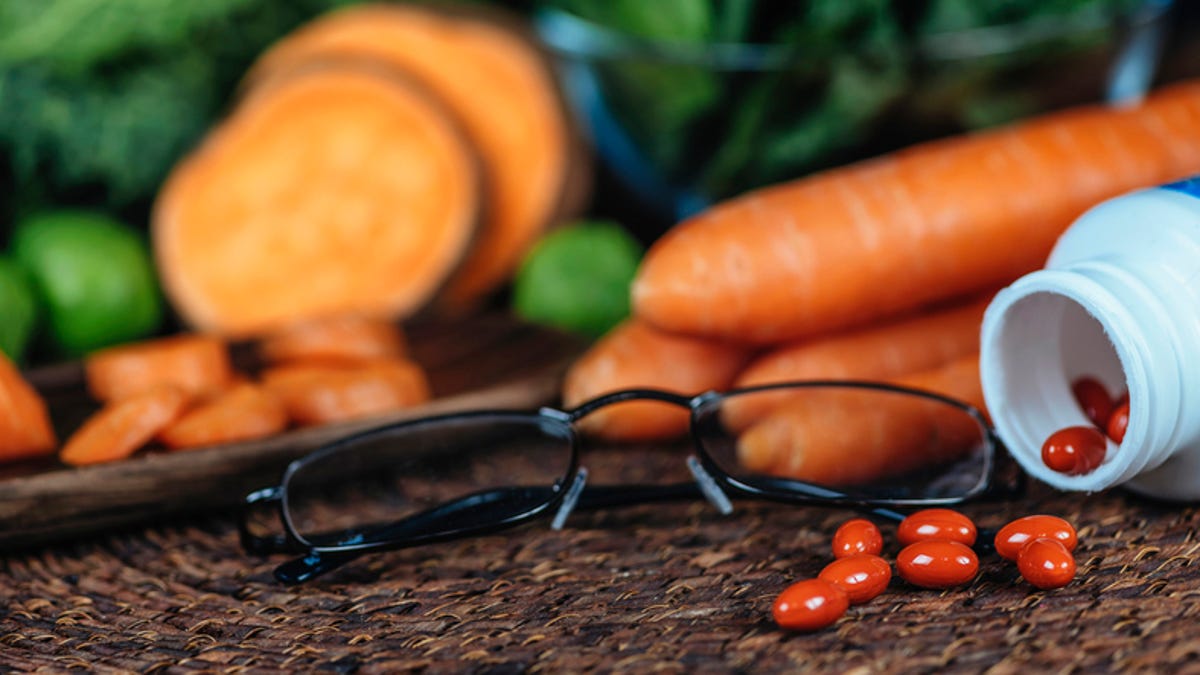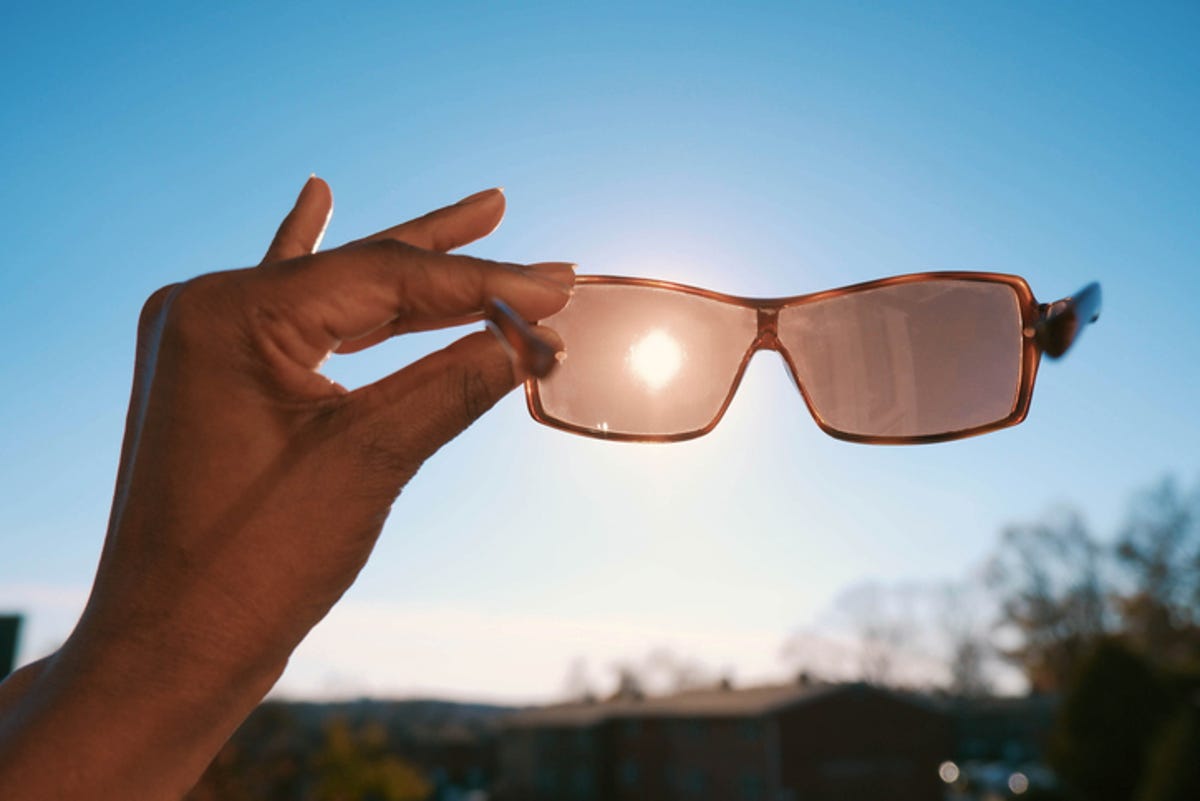From eye drops to supplements, there are many items out there that make promises to improve your eye health. Considering that the World Health Organization states that 2.2 billion people worldwide have near or distance vision issues, it’s no surprise that the eye care industry is booming with solutions for people desperate to improve their eye health. It can be hard to determine which products to buy and which to pass on.
We narrowed down the items you should invest in to protect your eye health. These are the top picks backed by evidence and eye health experts.
Eye drops

Make sure to have a diet rich in lutein and zeaxanthin among other nutrients to keep your eyes healthy.
Recommending supplements for eye care can be tricky because not all have enough evidence to prove they work. However, lutein and zeaxanthin have been found to help reduce the progression of macular degeneration. A study done between 2006 and 2012 found that people with moderate macular degeneration in both eyes or in one eye and advanced disease in the other reduced the risk of it getting worse by about 25% by taking lutein and zeaxanthin.
Besides taking them in supplement form, you can also increase your lutein and zeaxanthin intake by eating foods like dark leafy greens, egg yolks, salmon, and yellow and orange produce like corn, carrots and peppers, to name a few. Other nutrients you should prioritize in your diet for eye health include vitamin C, vitamin A, vitamin E, zinc and omega-3 fatty acids.
Up-to-date prescription glasses and contact lenses

Wearing sunglasses with 100% UV protection is important, even on overcast days to protect your eyes.
Besides protecting your skin from the sun’s UV rays with sunscreen, you should also be shielding your eyes. Prolonged exposure to the sun while you’re outdoors can harm your eyes in the long run, even when it’s overcast. Dr. Mackenzie Sward, a board-certified ophthalmologist, told CNET previously that harmful UVA and UVB rays in the atmosphere can increase the risk of macular degeneration, cataracts, skin cancer of the eyelid and other diseases of the eye. Therefore, wearing sunglasses with 100% UV protection is important if you enjoy spending time doing outdoor activities. If you’d like to experiment with prescription eyeglasses that offer proper protection, you can explore some of our favorite picks.

